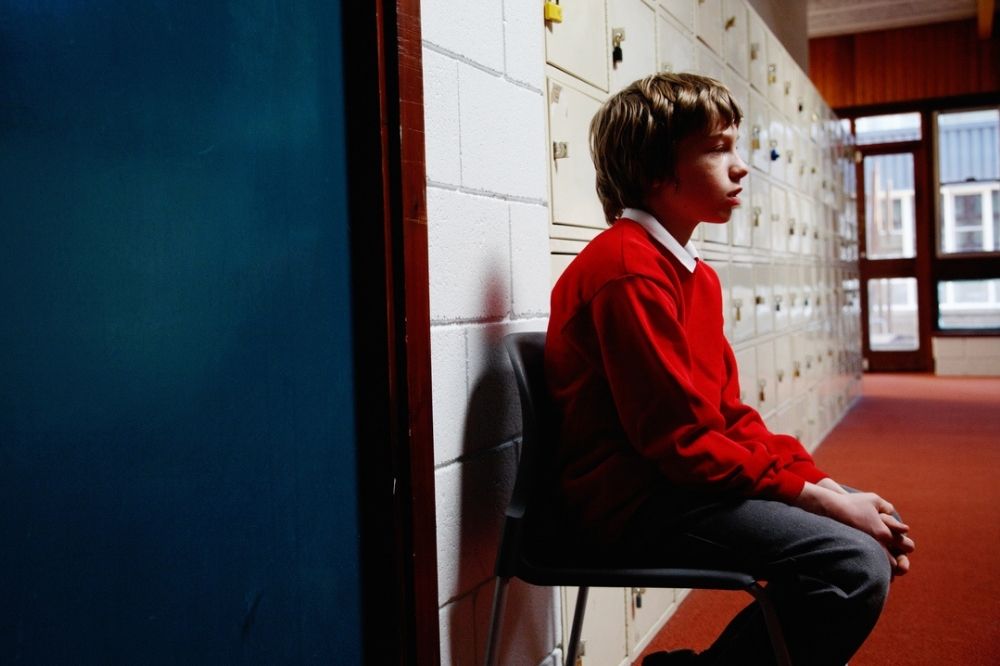
Poverty and disadvantage put young Australians on the road to a less fulfilling life and schools could play a critical role in breaking the cycle, a new study led by Flinders University says.
However, the study of more than 3,500 Australian 13–14-year-olds confirms their experience of social exclusion at school, in terms of engagement, teacher support and bullying victimisation.
Australian and international co-authors of the new study, just published in the Journal of Social Policy, say the weakness in school systems – particularly in rich countries – is the handing back of responsibility to the family and student.
Flinders University sociologist, Professor Gerry Redmond, says sweeping reforms must be made to address this.
“About one in six children in Australia are living in poverty. In general, their schooling outcomes are worse than those of more advantaged children, including lower completion rates and lower scores on national tests such as the NAPLAN. This is recognised as a serious issue in Australia,” Professor Redmond told The Educator.
“The research in this paper shows that children living in poverty experience a lot of exclusion in their daily schooling lives.”
Professor Redmond said the research found that these children are more likely to be bullied, and feel that they get less support from teachers.
“Moreover, we found that these experiences appeared to contribute to them having lower levels of subjective wellbeing, or life satisfaction; this can have longer term implications in terms of mental health issues in adulthood,” he said.
“In order to support students, there are a number of areas of policy where governments can make a difference.”
First, says Professor Redmond, interventions that aim to reduce bullying and generate a more inclusive environment for all students in school is important.
“Most jurisdictions have anti-bullying programs in place, which is positive,” he said.
“However, these programs will not address structural inequalities that the article argues are associated with the daily experiences of students living in poverty.”
Second, says Professor Redmond, following implementation of the Gonski reforms, more funding is understood to be flowing to many disadvantaged schools now, compared with 10 years ago.
“Impacts on students’ relations with peers and teachers need to be monitored,” he said.
“Third however, schools do not exist in vacuums, and the greater the level of poverty and deprivation in the community as a whole the harder education systems have to work in order to help students compensate for disadvantages that they experience outside of the classroom.”
Professor Redmond said this is the main point that he and his team are aiming to make in their research.
“If governments want to improve schooling experiences and outcomes for children then they need to invest more in reducing child poverty in Australia.”
How principals can help
Professor Redmond said the research team talked with school staff, some of whom indicated that economically disadvantaged parents will often avoid contact with the school, so that the school cannot easily develop a relationship with them, in order to better understand the challenges their students face.
“The research’s [limited] discussions with educators suggests that schools are acutely aware of the importance of building positive relationships with parents and community if students are to do well,” he said.
“School principals are aware that understanding the challenges that students face outside of the school gates as well within school is important for them to be able to support student needs to the extent that their resources allow. Strengthening these relationships and knowledge is clearly important.”


